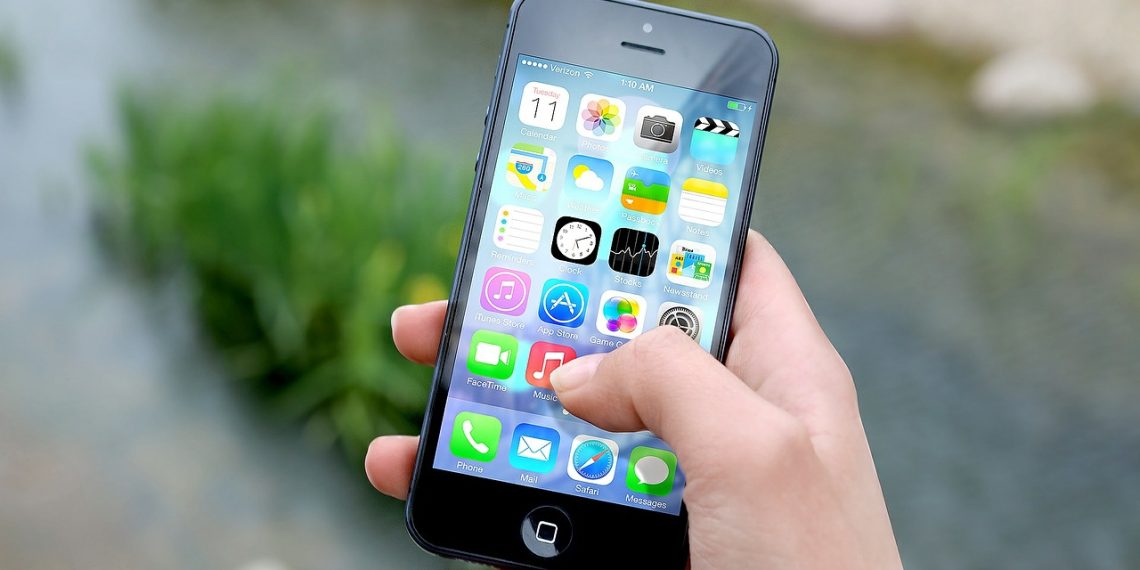Returning home from work late last night I was met by my 14 year old daughter who had waited up for me despite me messaging her, suggesting she goes to bed in order to get a good nights sleep for school.
She was visibly shaken, shocked, and needed to talk to make sense of what she’d seen. The live streamed assassination of Charlie Kirk.
I had no idea who Charlie Kirk was, he’d completely escaped my radar. My daughter explained he was a far right, controversial Trump supporter who gained traction on social media for his views. He was assassinated while delivering a speech to college graduates on a college campus.
The video is shocking, to the point of it looking fake, however subsequent footage shows the panic that ensued and the race against time to save Charlie Kirk’s life.
My daughter had questions such as:
Why are people happy he’s dead online?
She explained that she didn’t agree with his opinions but didn’t understand why people were so nonchalant about a life being taken with comments such as, “Good Riddance.”
I agreed with her here, to wish him dead is to wish anyone with a different opinion, different religion dead. It didn’t make sense but showed how desensitised teens were to guns and death. How little empathy for the family left behind and how some think that their opinions are worth more than life itself.
His opinions, his views, his controversial crowd stirring rants were difficult to swallow, yet that’s all they were. Words.
Another question was:
How am I allowed to see this on my favourite social media platform?
She scrolled through TikTok to show me that rather than the video being pulled, hundreds of others had downloaded it, edited it and reuploaded it with their own signature stamp, making it impossible to avoid. Her love for her favourite APP where she found breakfast recipes, dog care tips and popular culture collections had vanished.
I explained to her that what she was seeing was essentially a snuff movie. A movie where people are killed, in real life, for the enjoyment of the viewer. While I reassured her that these were extremely rare and only for the most twisted minds, everyone has a fascination with mortality and the end of life. It’s natural but witnessing a real life death is a traumatic experience that should, ideally, never happen in a child’s life, yet TikTok has removed this layer of innocence with a swipe.
The assassination of Charlie Kirk isn’t the first time we’ve seen death on TikTok though. TikTok has been notoriously slow at pulling videos showing suicide, murders and fatal accidents. Yet this is not what’s the most disturbing aspect of the platform right now.
Family members are filming their mothers, fathers, husbands, wives, and in some cases, children, as they die. Usually the spouse, parent, or child, is diagnosed with a terminal illness and the family member will make TikTok videos as they navigate this heartbreaking life event. Some have the permission of the person with the terminal illness, on the pretence of helping others in the same situation, whereas others wait until the family member is in the later stages, and unconscious before sharing their trending 60 second videos.
Of course, there should be a place on the internet where people with terminal illness can gain support from one another, along with the family members suffering the imminent loss, but TikTok is not the platform for it. Just one look at the comments shows that the followers are usually those with a morbid fascination, a far cry from the ones the posters claim to help.
My own mum was in a hospice for ten days before she died and I spent every night and day with her. At the very beginning, when the pain relief took hold and as she raised a glass of whisky with the nurses I took a photo. I was acutely aware it would be the last time I’d be able to and she was being so positive, with a cheer of, “Onto the next adventure.” However as she rapidly declined my phone was put away, and while I updated people on her progress, I knew that she wouldn’t want me sharing videos or photos of her in such a vulnerable state.
It’s the worst invasion of privacy. The easiest way to rob someone of their dignity, at a time when they can’t think straight, even if they give permission, is it really worth it for some comments and likes from strangers? As with all the well wishers there are evil people out there getting a kick out of this death voyeurism and this just feeds into that.
It raises the question of when we should stop filming? The average age of a TikTok user is 14. Do they need to know the process of death at such a young age? Of course there needs to be more open discussions about it but is watching someone die the right way to go about it? How long will it be until we have a TikTok faker who poisons a family member for clout? We already have TikTok murders, Tourettes fakers, and other dredges of a toxic society, and this opens the door for more.
I used to think TikTok was harmless, just Facebook with entertaining videos, yet it’s not governed well. Its moral compass is off. On Facebook as soon as you upload anything that may be upsetting it’s flagged. Their AI recognises hateful, distressing content and it usually doesn’t get to the posting stage, yet with TikTok everything goes. They may eventually remove the videos, ban the accounts and wipe the slate clean but by then the damage is done. The videos are downloaded, ready to be shared amongst classmates who missed it, and the cycle starts again.
How do you draw a line between freedom of speech and protecting the young? So many teens are now desensitised to death that grief is an inconvenience. It’s shocking how this one platform seems to kill the empathy neutrons and leave children an empty shell of wishes, wants, greed and FOMO. Unless something huge happens soon, I worry about the future of the next generation just as every generation before me. Yet then, it was television, now it’s the entire World Wide Web.



























